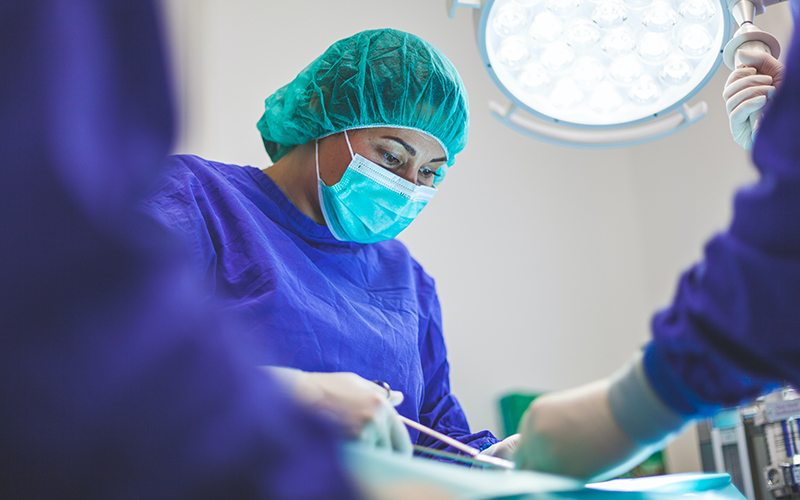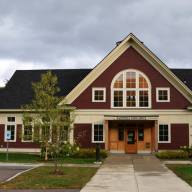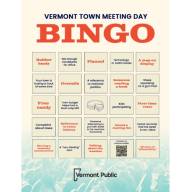Valley veterinarians Dr. Karen Anderson of Mad River Veterinary Service, Fayston, and Dr. Roy Hadden at Valley Animal Hospital in Waitsfield do a lot, but they can’t do everything. Both offices are “a one-doc shop,” as Anderson said, and don’t have the staff or equipment to handle certain ailments or conditions. “I just don’t have the staff to call a nurse to come do anesthesia after hours. Staffing is a challenge for everybody,” she said.
If an animal needs an ultrasound or MRI, the doctor will refer them to other facilities. “It’s the same as it is for your local MD for yourself,” Anderson said. “There are certain things that need to be escalated to an urgent care facility or specialist.”
Drs. Anderson and Hadden do have the ability to do X-rays but, depending on the animal’s condition, they may refer them to an emergency room, such as Burlington Emergency Veterinary Services (BEVS). Peak Veterinary Referral Center in Williston offers non-critical urgent care issues but is only open until 8 p.m. on weekdays and 9 p.m. on weekends, so urgent issues outside of those times will likely need to go to an ER, such as BEVS. There is also an emergency facility, Small Animal Veterinary Emergency and Specialty (SAVES) in Lebanon, New Hampshire, and Capital District Veterinary Referral Hospital in Latham, New York. Anderson said Onion River Animal Hospital in Berlin has previously been able to help handle Mad River Veterinary Service’s overflow cases, but over the last few months, has been unable to do so due to capacity.
“I’ve certainly had clients call who say they’ve gone to BEVS and waited for hours,” Anderson said, noting that the ER is like a human ER, which prioritizes the direst cases.
If your dog or cat has an issue that can’t be handled by a local vet, the doctor will refer the pet to a specialist or emergency facility. “Have patience and understanding,” Anderson said, noting “every doctor is challenged and still trying to provide wellness care.”












